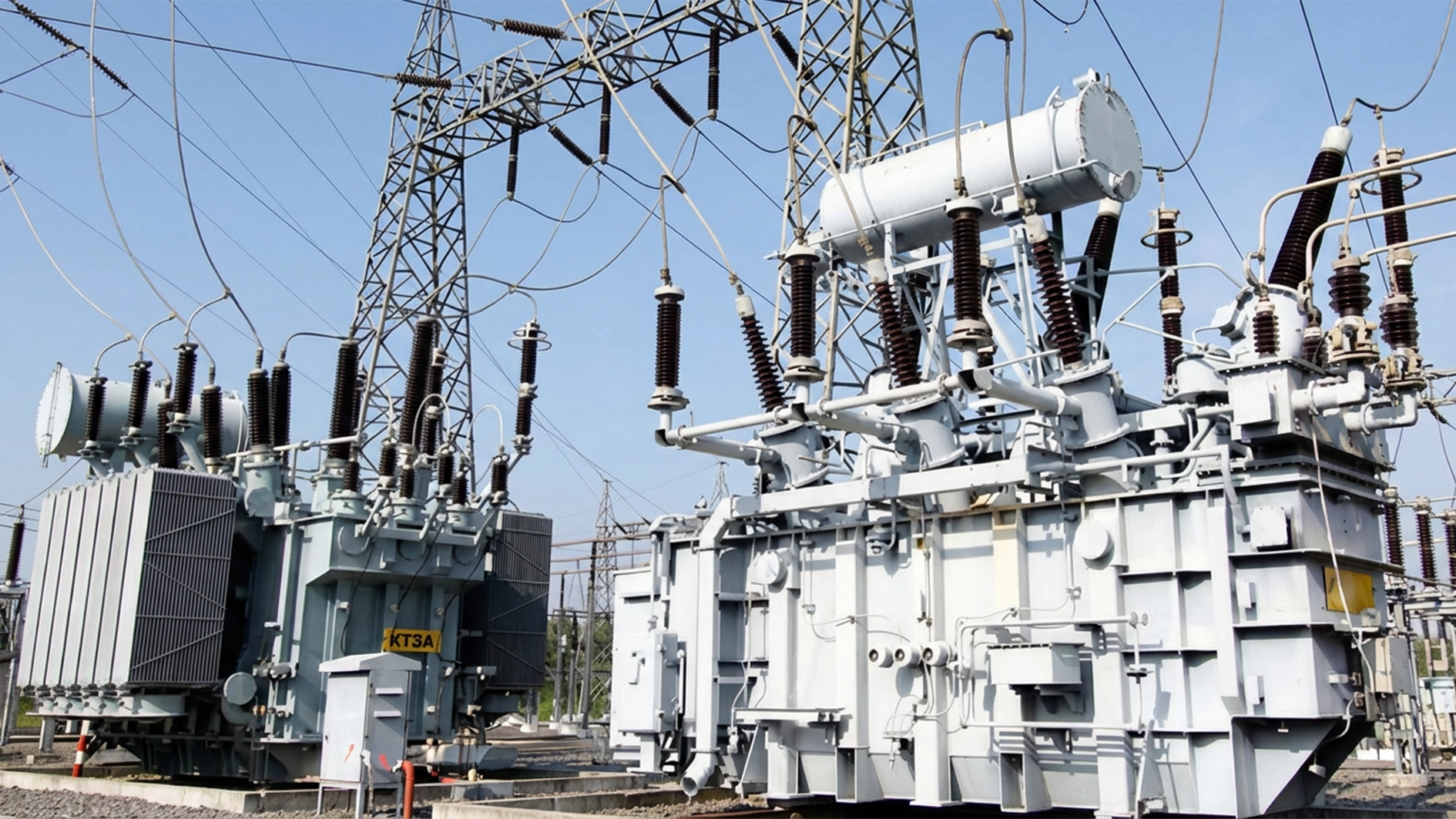Nigeria is witnessing a historic shift in its public finances, with non-oil revenues driving the country’s strongest fiscal performance in decades, the Presidency declared on Wednesday.
Between January and August 2025, total government collections surged to ₦20.59 trillion, a 40.5 per cent increase compared with ₦14.6 trillion recorded in the same period last year.
Significantly, ₦15.69 trillion came from non-oil sources, accounting for three out of every four naira collected. Officials described the figures as a decisive break from decades of dependence on crude oil exports.
“This is a watershed moment for our economy,” Presidential spokesperson Bayo Onanuga said in a statement.
“For the first time in decades, oil is no longer the dominant driver of government revenue. Reforms, compliance, and digitisation are powering a more resilient economy.”
President Bola Tinubu underscored the performance on Tuesday while receiving a delegation of the Buhari Organisation led by Senator Tanko Al-Makura at the State House, Abuja. He said the numbers are proof that government reforms to expand the revenue base and strengthen compliance are working.
“We have laid the foundations for a fairer, stronger fiscal system that will deliver for all Nigerians,” the President said.
“Our revenues are growing because we are making every naira count, and because Nigerians are responding to reforms that are in the interest of the country.”
The Presidency explained that the boost in revenue is already being felt across the federation through unprecedented disbursements from the Federation Account Allocation Committee (FAAC).
In July, monthly allocations to states and local governments crossed ₦2 trillion for the first time in history, giving subnational governments more resources to invest in food security, infrastructure, and social services.
It also revealed that, for the first time in years, the Federal Government has not borrowed from local banks in 2025, signalling an end to the pattern of deficit financing that weighed heavily on the financial system.
Officials attributed the surge in non-oil inflows to a combination of reforms. Customs automation, digitised tax filings, tighter enforcement, and broadened compliance are credited with raising efficiency and plugging leakages.
According to available figures, the Nigeria Customs Service collected ₦3.68 trillion in the first half of the year, surpassing its target by ₦390 billion and already meeting 56 per cent of its full-year goal.
The Presidency insisted that the overperformance is not a one-off windfall, but the result of systemic changes.
Similarly, the Federal Inland Revenue Service has expanded digitised tax administration, bringing more businesses and individuals into the net. While inflation and exchange rate revaluation contributed to the uplift, government officials emphasise that the bulk of the gains stem from policy and institutional reforms.
Despite the buoyant picture, the Presidency cautioned that the revenue performance still falls short of the scale of investment President Tinubu envisions in education, healthcare, and infrastructure.
“Revenues are rising, the base is broadening, and reforms are working,” Onanuga noted. “But the task ahead is to turn these numbers into real relief for Nigerians, in better schools, hospitals, roads, jobs, and food security. What matters now is ensuring the benefits are felt across the country.”
Tinubu has consistently argued that stronger fiscal foundations are critical to achieving his administration’s Renewed Hope Agenda.
The President’s remarks came against the backdrop of criticism from some quarters about the state of the economy, particularly inflationary pressures and hardship linked to subsidy removal and exchange rate unification.
His reference to revenue growth during the meeting with the Buhari Organisation was partly aimed at countering those narratives.
Presidency sources said the figures were also meant to reassure Nigerians and international partners that the fiscal trajectory is stabilising and that Nigeria’s dependence on volatile oil markets is finally giving way to a more diversified model.
Observers note, however, that if sustained, the performance could strengthen the government’s credibility with credit rating agencies and development partners, while giving states and local governments the resources to deliver more visibly at the grassroots level.
Officials say the administration is set to press forward with ongoing reforms to widen the tax base, deepen digitisation, and enforce compliance more stringently.
President Tinubu has already directed the Secretary to the Government of the Federation to ensure that all Ministries, Departments, and Agencies implement mandatory health insurance as part of efforts to expand social protection coverage.
Other revenue-side reforms, including excise adjustments and efficiency drives in government enterprises, are also underway.
At the same time, the President has pledged to ensure that fiscal reforms are balanced with measures that protect the most vulnerable, including targeted social investment programmes and food security interventions.






